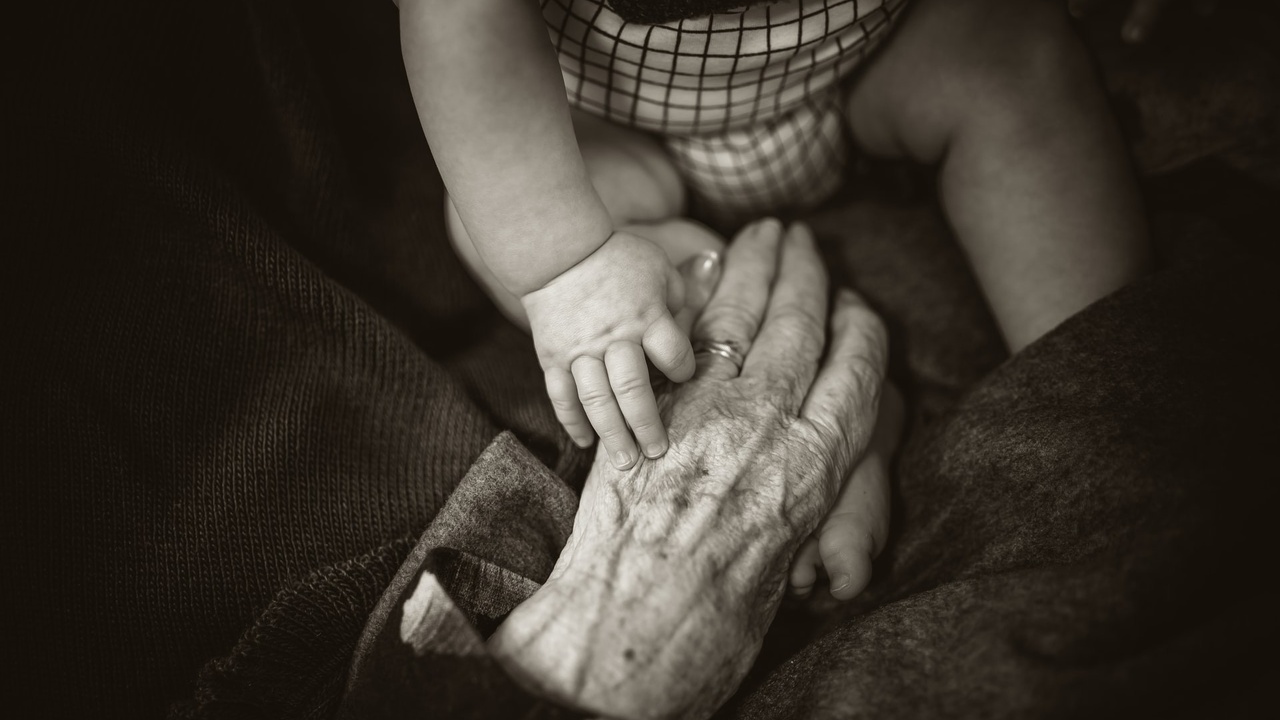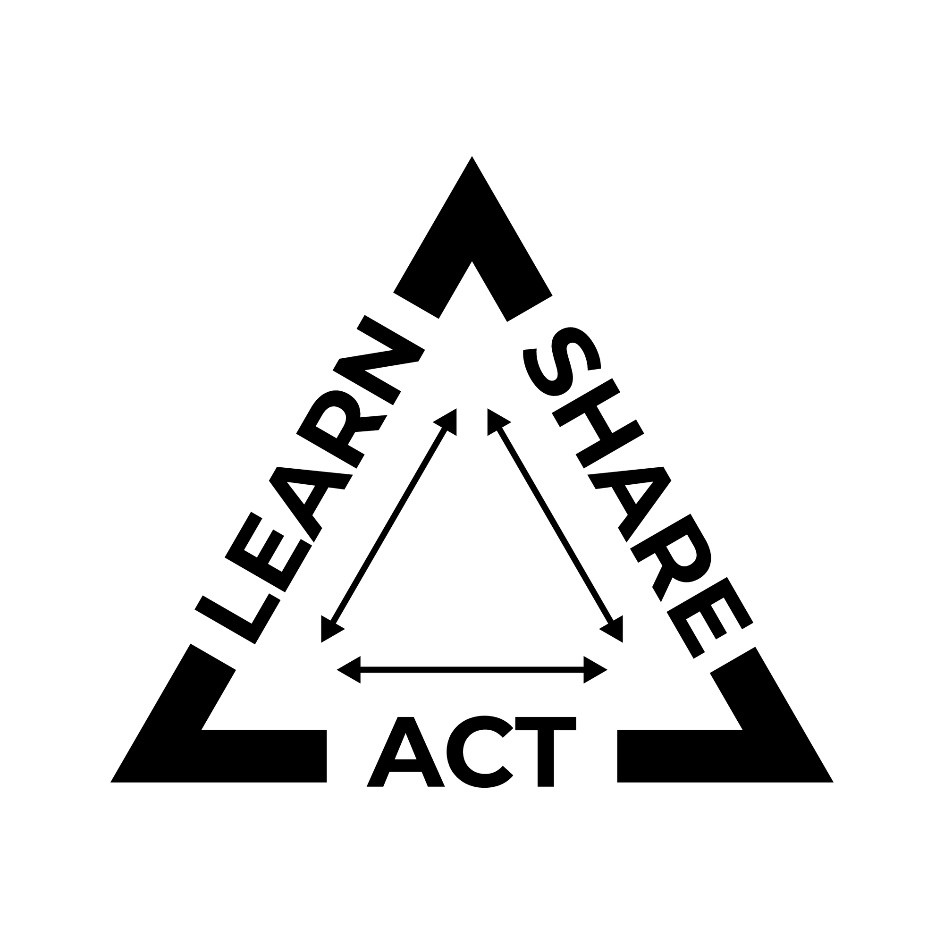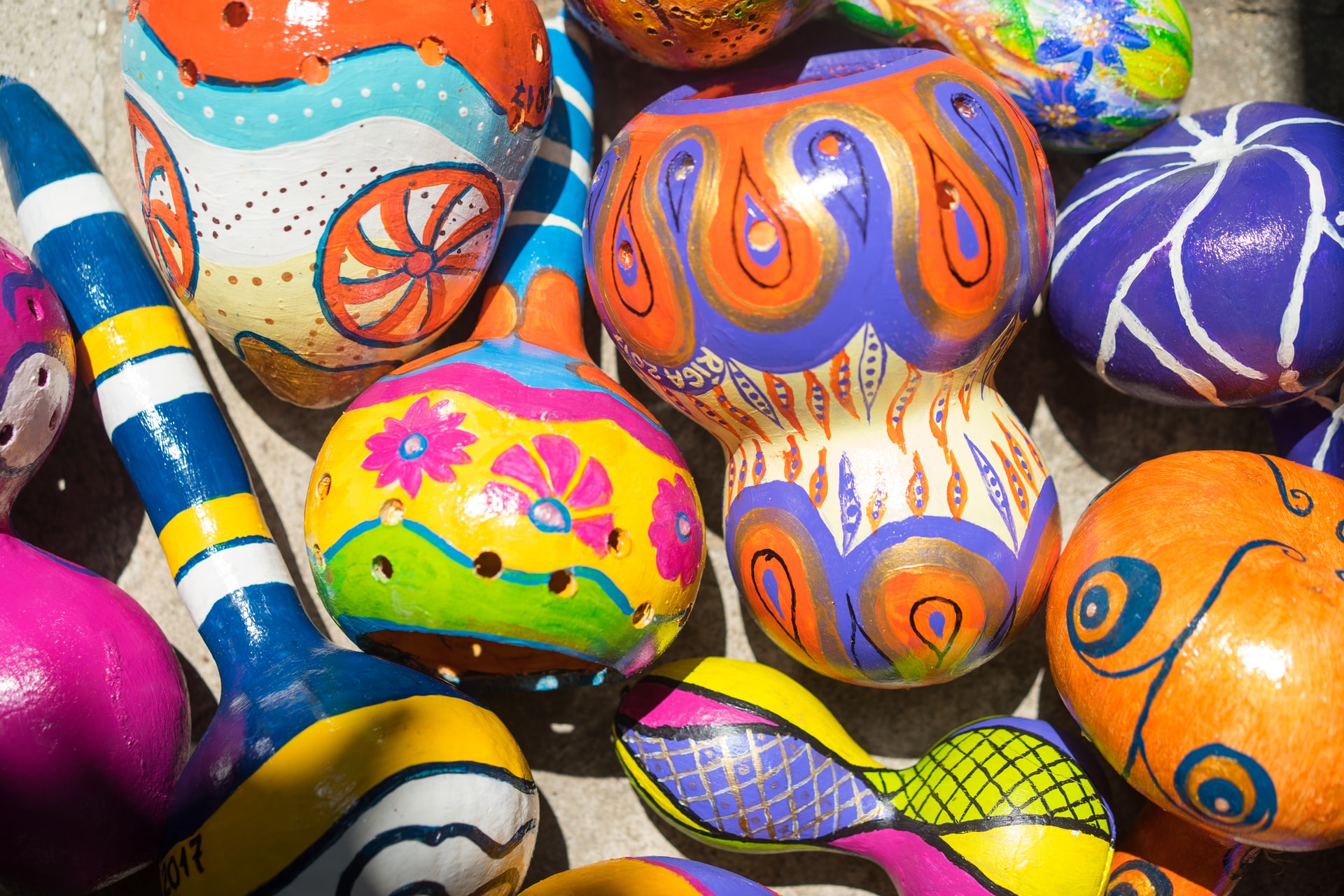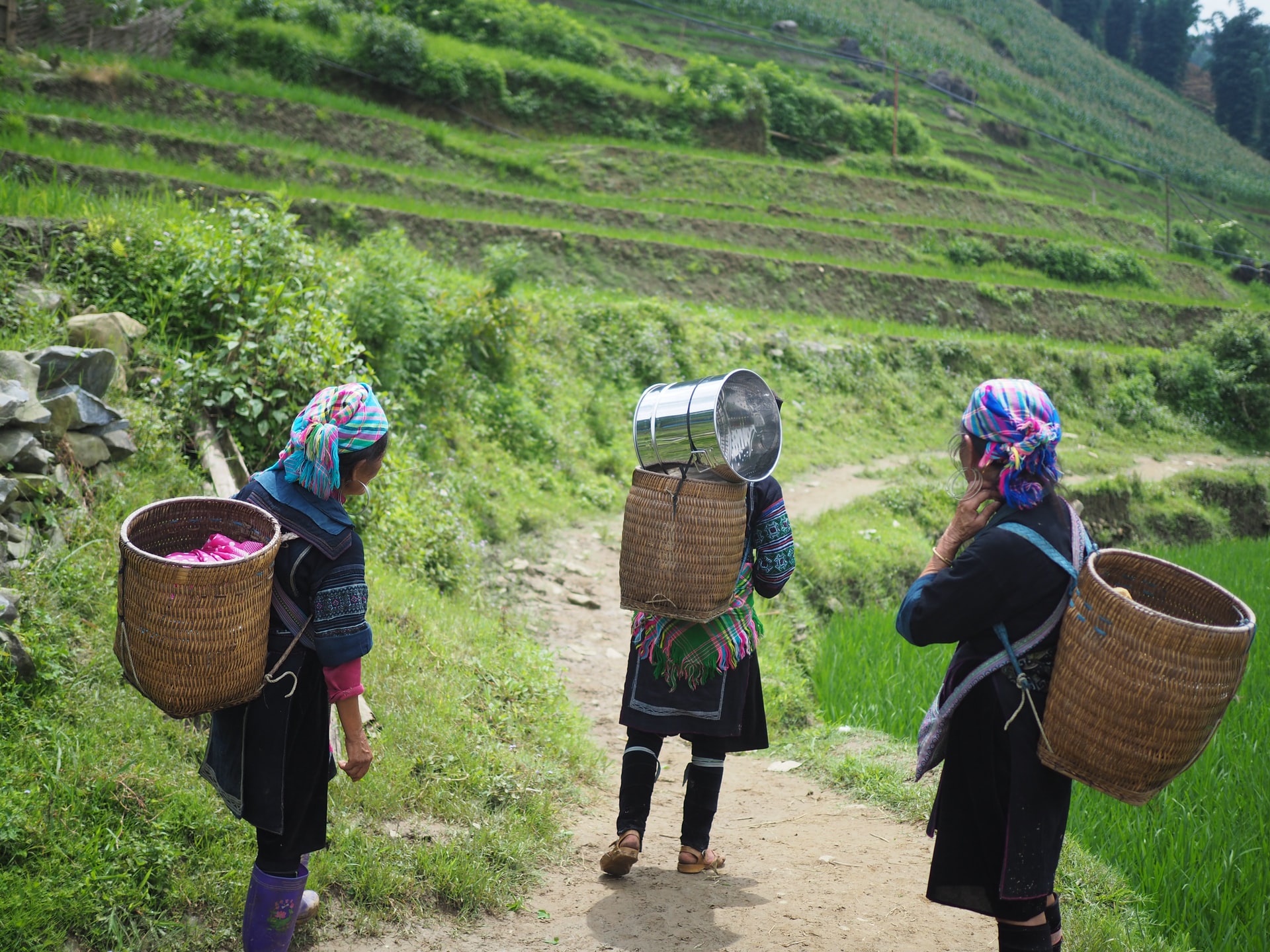Passing Along Wisdom and Cultural Heritage

“A people without the knowledge of their past history, origin and culture is like a tree without roots.” – Marcus Garvey
Wisdom and cultural heritage are inherited and passed down from generation to generation. The knowledge and cultural heritage that is passed down creates a sense of belonging and strengthens cultural ties between generations.
Oral traditions, skills, belongings, languages, social practices, and natural environments are all part of cultural heritage and wisdom. They are often learned from previous generations and are considered an integral part of our identity.
The elements that are shared between generations represent the memories and knowledge of the past, as well as their importance in the present moment and in the future. Much of our knowledge of how to live sustainably originates in the principles and wisdom passed down from our ancestors.

Traditions and nuggets of wisdom are passed down not by accident, but because they are deemed important and worthy of being shared with future generations. While it may be tempting to believe that the answers always lie in looking forward and exploring new technologies and ideas, many aspects of cultural knowledge are actually vital in our goals of living sustainably and retaining the knowledge of place and people.
Tangible and Intangible cultural items
Wisdom and cultural heritage have the ability to enrich lives, as they influence values, knowledge, and our understanding of the world.
“A concerted effort to preserve our heritage is a vital link to our cultural, educational, aesthetic, inspirational and economic legacies – all of the things that quite literally make us who we are.” – Steve Berry
It is important to acknowledge the transmission of cultural items that have been passed down to you, whether they are physical or intangible.
In the case of physical items, it can be beneficial to think of examples of items that you have inherited and ask yourself where they came from, what community it belongs to and why, as well as what values and beliefs are attached to this item.

In the case of intangible items such as traditions, festivities, social practices, and environmental knowledge, you can enhance your understanding of your culture and wisdom by asking yourself how this knowledge came to be, who taught you about your culture, and how you will ensure the continuation of these practices and ways of knowing.
Increasing awareness of your own culture not only helps you learn more about yourself and your heritage but also helps you to appreciate and respect other cultures by recognizing how the passing down of wisdom and cultural heritage can vary between cultures.
Wisdom, cultural heritage and the environment
The passing along of wisdom and cultural heritage is an integral part of many cultures and plays an important role when it comes to identifying and rectifying environmental issues.
Indigenous peoples, and really, all of humanity, have used storytelling to share ecological knowledge and information about how to live in harmony with the land and animals for thousands of years.
These stories, often speak for the plants and animals, guide Indigenous interactions with the environment and are passed down through generations, sharing lived experiences and knowledge of the land with each new generation.
This environmental knowledge, which is gained over thousands of years of living on the land, is referred to as Traditional Ecological Knowledge (or TEK).

TEK is a great example of how wisdom and cultural heritage play a particularly important role in the identities of Indigenous peoples and their history, and important role as knowledge keepers of the land. This knowledge is essential globally, as Indigenous people use this knowledge to identify environmental issues such as altered caribou migration patterns and loss of biodiversity.
Being able to understand and appreciate the transmission of cultural heritage and wisdom is important in order to harness the knowledge, social traditions, skills, and values you are provided with.
In identifying, sharing, and respecting your wisdom and cultural heritage, you will be able to pass it down to future generations.
How you can take action:
- Speak to the elders in your life in a meaningful way. Ask them about the food they grew up eating, their experience on the land, and the way they experienced community growing up. And, if you are an elder, share your stories and experiences of the natural world with the younger people in your life.
- Research your genealogy through the use of ancestry websites or speaking to older relatives.
- Visit heritage sites in order to learn more about relevant events, people, and places in your town or city.
- Cook a meal from a recipe that has been passed down within your family or cook a traditional meal from your culture.
- Learn more about your family’s country or land of origin. This can be done through research as well as taking a trip to that country and experiencing it in real life.
For more information on this topic, check out these articles on Indigenous storytelling and the environment and traditional ecological knowledge and climate change.
Stay connected with news and updates!
Join my mailing list to receive the latest news and updates. Your information will not be shared.

